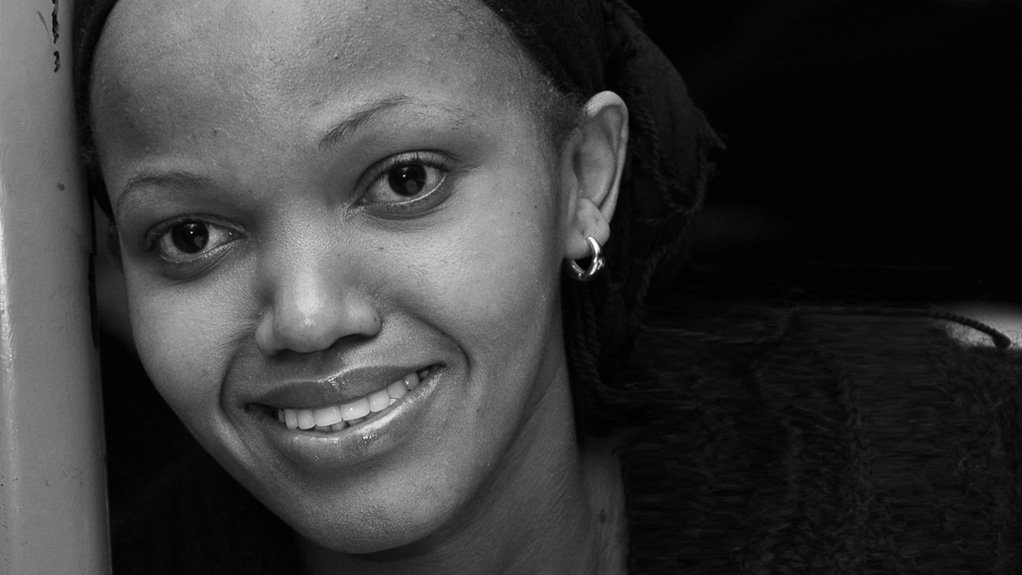University of Cape Town (UCT) PhD graduate Shikoh Gitau has introduced a ground-breaking technology solution, called Ummeli, for skilled workers who are unable to find employment.
Ummeli connects skilled workers with prospective employers through mobile technology. Ummeli was started as a way of reducing the cost of finding employment.
The application costs R2 to R5 to download, create a CV, view advertised jobs and send the CV. Repeat visits cost less than R2.
“Ummeli was created in Khayelitsha, Cape Town, as part of my PhD research. I was studying the ways in which people in low-income areas use mobile phones – more specifically, the mobile Internet. In the process, I discovered that there was a group of people who had good Internet-enabled phones, but who could not get online because they did not know how.
“This led me to start a small training programme to monitor the results of introducing Internet to this group of people. As the training went ahead, I would get questions such as ‘How do I apply for this job?’. “My interest was solidified when I spoke to LearnToEarn MD Susan Wishart, and she told me that the only way to make a solid contribution to this community was to help them find jobs,” explains Gitau.
The system has about 170 000 users, with the initial impact evaluation indicating that about 18% have found jobs and another 10% have secured interviews. The relatively inexpensive application has enormous implications for the labour force in regions where unemployment is high.
Gitau devised the technology solution in collaboration with staff at UCT’s Information and Communication Technologies for Development (ICT4D) Centre.
“I had experienced and seen so much poverty and I knew deep inside that I wanted to do something about it. I looked at various institutions for a graduate programme that would offer me the social and technology angles,” she says.
Gitau has since been appointed to Google’s User Experience Group in Africa. “Although I was initially hired for a position in London and then for one in Zurich, I requested to be sent back home because I believe this is where I could have the most impact,” she says.
Based in Nairobi, Kenya, her role is to explore the information and communication technology needs of different groups and emerging markets throughout Africa and design appropriate systems so that Google can meet those needs.
The Praekelt Foundation, established by South African information technology entrepreneur Gustav Praekelt, is upscaling the system to make it available countrywide, free of charge.
Gitau’s innovative way of using mobile technology to benefit the continent is just one example of the work done by the ICT4D Centre, launched by the UCT Department of Computer Science in 2009. The centre’s staff and students are dedicated to finding suitable mobile solutions that meet the societal needs of people living in Africa.
They work closely with communities to create and evaluate technology that is best suited to local conditions. The centre has produced an impressive portfolio of mobile applications and other innovations that provide solutions for health, education and labour-sector issues.
Edited by: Martin Zhuwakinyu
Creamer Media Senior Deputy Editor
EMAIL THIS ARTICLE SAVE THIS ARTICLE
To subscribe email subscriptions@creamermedia.co.za or click here
To advertise email advertising@creamermedia.co.za or click here













